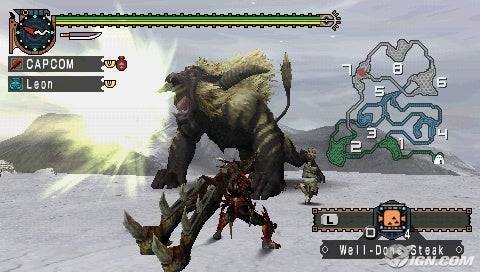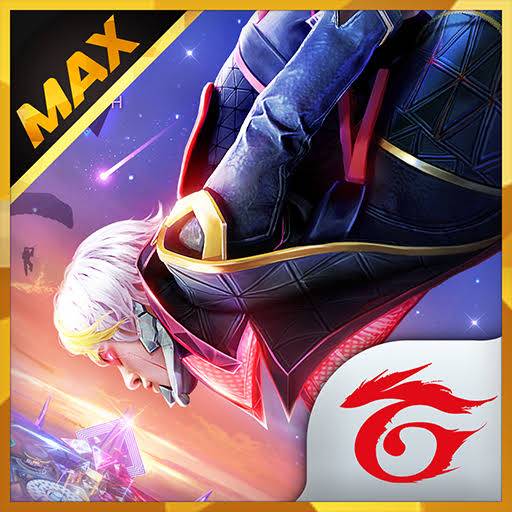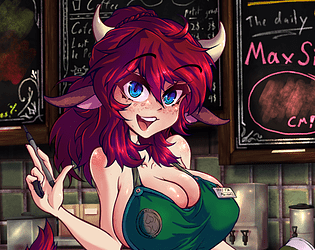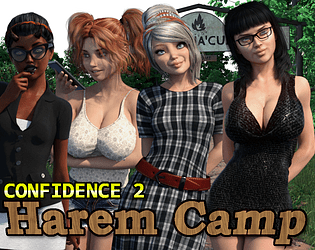In the leadup to its global launch, Monster Hunter Wilds shattered pre-order records on both Steam and PlayStation, following in the illustrious footsteps of its predecessors, Monster Hunter Rise (2022) and Monster Hunter: World (2018). This remarkable achievement underscores Capcom’s ability to transform their once niche RPG series into one of the world's premier video game franchises.
However, this was not always the case. Just a few years ago, the notion of Monster Hunter achieving such widespread global acclaim would have been unthinkable. Flash back to the series' inception in 2004, and the original game received mixed reviews. It wasn't until its transition to the PSP in 2005 that Monster Hunter began to gain significant traction, albeit primarily in Japan.
For a considerable time, Monster Hunter epitomized the "bigger in Japan" phenomenon in gaming. Yet, Capcom persistently sought ways to extend the series' reach beyond Japan. The success of Monster Hunter: World, Rise, and now Wilds validates those efforts.
This is the story of how Monster Hunter evolved from a domestic hit to a global powerhouse.

Around the time of Street Fighter 5's launch in 2016, Capcom underwent a significant internal reorganization to gear up for a new generation of games. These games would utilize Capcom's new RE Engine, replacing the aging MT Framework. This transition was about more than just upgrading tools; it included a mandate to develop games for a global audience, not just territory-specific fans.
Hideaki Itsuno, a former game director at Capcom renowned for his work on Devil May Cry, highlights the confluence of factors: "The change of the engine and also all teams were given a very clear goal at that point to make games that reach the global market. [Games] that are fun for everyone."
During the PS3 and Xbox 360 era, Capcom made several attempts to appeal to the Western market with action-heavy games like Resident Evil 4, which was successful, and others like Umbrella Corps and the Lost Planet series, which were less so. It became clear that Capcom needed to create universally appealing games, not just those tailored to Western tastes.
Itsuno reflects on this shift, "I think that we had that clear goal of just focusing and not holding anything back, towards making good games that would reach people from all over the world."
The period leading up to 2017 was crucial, with Itsuno noting, "The changes in organization and the changes in the engine, all these elements came together around that time." The launch of Resident Evil 7 in 2017 marked the beginning of a new era for Capcom.
No series better exemplifies Capcom's new global ambition than Monster Hunter. While it had a dedicated following in the West, it was predominantly popular in Japan. This wasn't due to a deliberate focus on the Japanese market but rather practical considerations.
The series' move to the PSP with Monster Hunter Freedom Unite was pivotal, leveraging Japan's robust handheld gaming culture. Ryozo Tsujimoto, the series' executive producer, explains, "20 years ago, Japan was in a very, very solid state in terms of the network environments available to people, and being able to connect and to play online together." This allowed Japanese gamers to easily play with friends, which was crucial for Monster Hunter's cooperative play.

This focus on Japan inadvertently created a feedback loop, with Monster Hunter becoming a "Japan-only" brand through exclusive content and events. However, Western fans were keen to experience the game, and as global internet infrastructure improved, Capcom saw an opportunity to expand.
In 2018, Monster Hunter: World was released on PlayStation 4, Xbox One, and PC, marking a significant shift for the franchise. It was designed for a global audience, with simultaneous worldwide release and no region-locked content. Tsujimoto notes, "Our approach to the globalization of the series and Monster Hunter in general really ties into not only the themes that we had going into designing the game, but also in the name of the game... The fact that we called it Monster Hunter: World is really kind of a nod to the fact that we wanted to appeal to this worldwide audience."

To ensure Monster Hunter: World resonated with a global audience, Capcom conducted extensive focus and user tests worldwide. Tsujimoto explains, "We did focus tests and user tests across the world, and some of the impact of those — the feedback and the opinions that we got during that really affected how we designed our game systems and really affected how much success we had as a global title for that game." One notable change was the inclusion of damage numbers when players hit monsters, enhancing the game's appeal.
Monster Hunter: World and its successor, Monster Hunter Rise, achieved unprecedented sales of over 20 million copies each, a stark contrast to the 1.3 to 5 million copies sold by previous entries.
This success was not accidental but the result of Capcom's strategic approach to make the series accessible without diluting its essence. Tsujimoto elaborates, "At its heart, Monster Hunter really is an action game, and that sense of accomplishment you get from really mastering that action is an important aspect of Monster Hunter. But for newer players, it's really getting to that point. The steps involved in getting to that sense of accomplishment is really what we're trying to strategize for, in terms of designing for new players."
Monster Hunter Wilds, the latest installment, hit 738,000 concurrent players on Steam within 35 minutes of its release, more than doubling Monster Hunter: World's record. With glowing reviews and more content on the horizon, Monster Hunter Wilds is poised to continue the series' global conquest.









